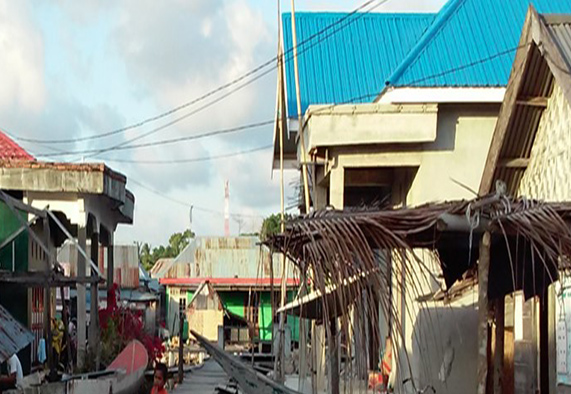Project description
History suggests that without experiencing direct negative consequences, humans often wait for disasters to occur before undertaking measures for adapting to the looming threats.
Sea level change is, in this respect, a classical example of a problem often perceived as distant and quite moderate.
Research in experimental economics has identified a number of cognitive biases that affect individuals by making their judgments and decisions deviating systematically from what would be rational or reasonable assessments and choices. Yet, very little is known about the biases that influence adaptive behaviour to sea level change, the consequences of such biases, and what can be done to avoid them.
This project integrates experimental economics and mathematical modelling to understand and quantify the relative contribution of main cognitive biases in preventing recognition of and adaptation to sea level change.
Cognitive biases
Our attention is focused on six main biases:
(1) positive illusion bias,
(2) cognitive dissonance,
(3) fundamental attribution bias,
(4) risk perception bias,
(5) in-group bias, and
(6) present bias
Approach
Biases are context-specifics, therefore we adopt a comparative approach by studying them in two culturally, politically, and socio-ecologically contrasting places: Wakatobi Islands (Sumatra, Indonesia) and North Frisian Islands (Schleswig-Holstein, Germany).
Project Partner |
|---|
|
Dr. Jana Körth (Kiel University, Germany) Prof. Dr. Christopher Cohrs (Philipps University Marburg, Germany) Dr. Eva Anggraini (Bogor Agricultural University, Bogor, Indonesia) |





